What to expect at your first hearing test
It has been found that the average time it takes from first suspecting you might have a hearing problem to actually going for a hearing test is 7 years. This means that making it to your first audiology appointment is a big step which took a lot of contemplation and courage!
The reason it might take a person 7 years to finally have a hearing test is that in many cases hearing loss happens gradually over a number of years. Your hearing might change so slowly that you don’t realise quite how much you are missing. It’s similar to you not noticing your children growing, because you see them everyday, but a distant relative remarks how big they’ve gotten!
Signs of slight deterioration in hearing might be that you find the telephone or TV to be slightly unclear but you just keep putting the volume up. Or you find you have to concentrate very hard on a conversation in a noisy environment. But for the most part and in quiet one-on-one situations you are managing fine.
The truth is that the sooner you come for a hearing test the better. If there is even a slight loss of hearing, your audiologist will be able to monitor you going forward and the first hearing test results form a baseline with which future hearing tests can be compared. If you require any medical management this is also better to do earlier than later.
Getting your hearing tested may seem scary at first
Any form of assessment is associated with a certain amount of uncertainty and nervousness.
But there is no need to worry about getting your hearing tested. Here is a breakdown of what to expect at your first audiology appointment:
At Sandton Hearing and Balance we set aside 90 minutes for the entire assessment. This allows for ample time to take a thorough case history before the assessment and to give you comprehensive feedback after the assessment.
- Case History
You will be asked about your hearing difficulties, any history of noise exposure or family history of hearing loss. Your medical history will also be explored.
- Otoscopic Examination
Your audiologist will use a small light to look inside your ear canals, to check for any wax build up, obstructions or abnormalities.
- Tympanometry and acoustic reflexes
You will then undergo a “pressure test” to measure the movement of and pressure behind your eardrums. You may also hear loud beeping sounds which are used to elicit an acoustic reflex.
- Pure tone audiometry
This is the actual hearing test. You will be placed in a soundproof booth with earphones inside your ears. You will hear beeps of different pitches and the beeps will get softer and softer until you can’t hear them anymore. You will be required to press a response button every time you hear the beep. Each ear will be tested individually.
- Speech audiometry
While in the soundproof booth, you will hear some words and you will be requested to repeat the words that you hear. The words may vary in loudness and may be presented in the presence of background noise.
- Otoacoustic emissions (OAE) testing
The function of the outer hair cells in your cochlea will be measured using an objective OAE machine. This is done by placing a small earphone in your ear, and it measures echoes produced by your inner ear, in response to sounds.
- Feedback and counselling
After the assessment, your audiologist will spend a good amount of time explaining your test results. This will include an explanation of how the ear works and a description of how your particular results may manifest in different listening situations.
If your results indicate normal hearing, you will be encouraged to monitor your hearing regularly.
If your results suggest that you are a candidate for a hearing instrument, your audiologist will discuss the different options and prices with you. There is no obligation to make a decision about hearing instruments on this day. You can always go home and think about it before making a commitment. If you are on a medical aid, it may be beneficial to contact them and ask if they have a hearing aid benefit which can be used to pay for or partially pay for the hearing aids.
Something to think about
One thing I love about being an audiologist is talking to patients after they’ve worn hearing aids for the first time. They remark on all the things they are hearing now that they didn’t even realise they were missing out on. For example, many patients comment that they didn’t realise they weren’t hearing their footsteps, their car’s indicator, the kettle boiling, leaves rustling and birds chirping! Music becomes clear again and they can hear the soft voice of a loved one.
So if you are considering a hearing test, take the leap! We promise it’s not so bad:)
Make an appointment today by booking online here, visit www.sandtonhearing.co.za or call 011 463 4639.
Take an online hearing screening test here, it’s free… you just need 3 minutes and some earphones.
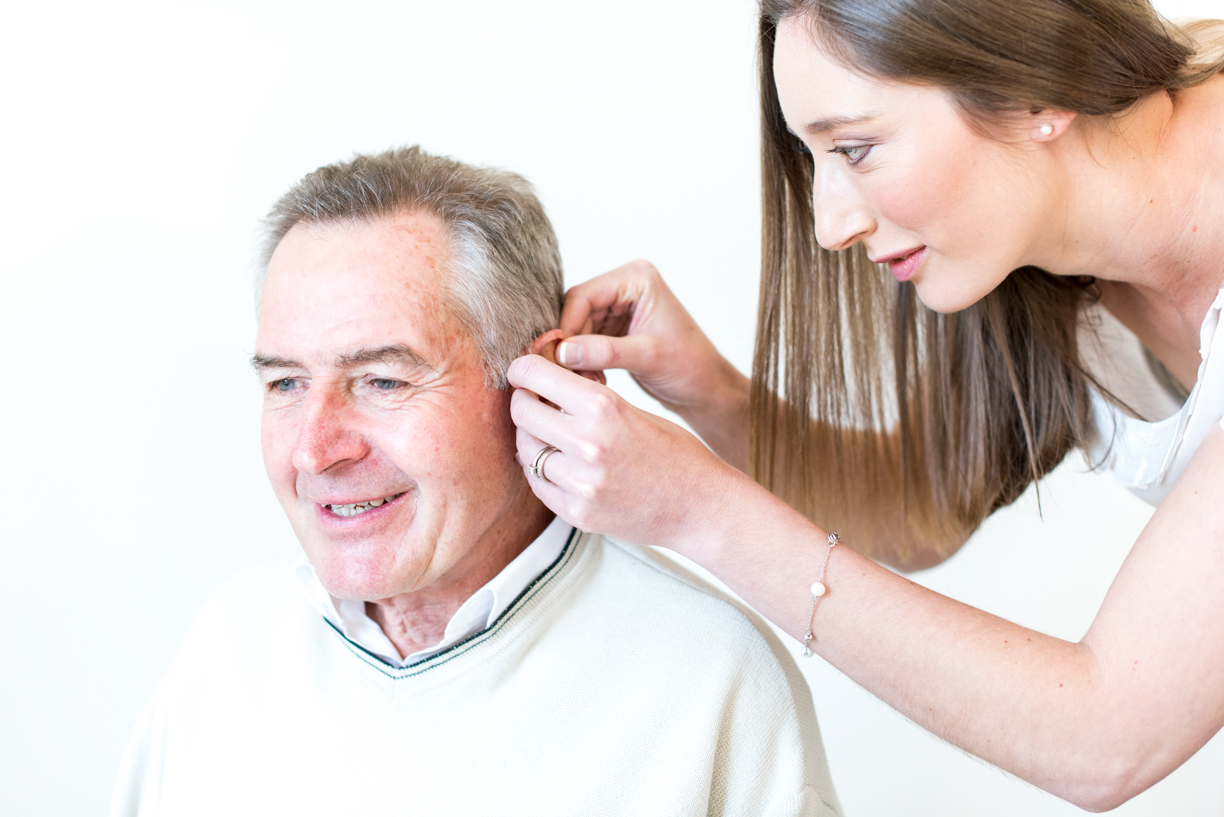
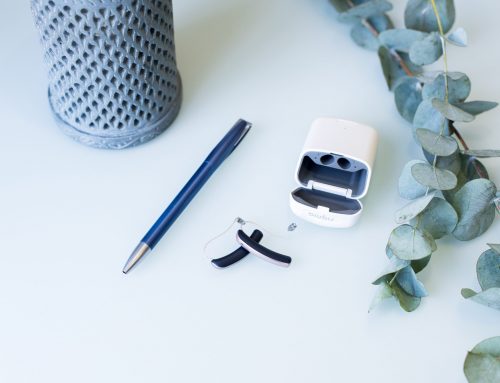
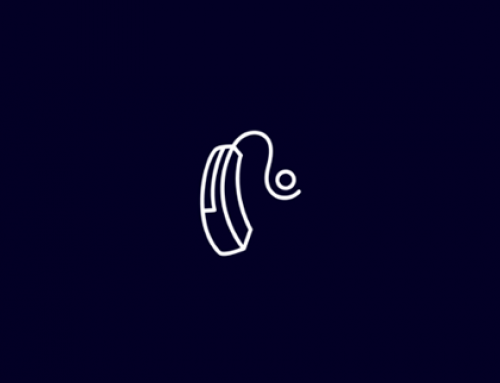
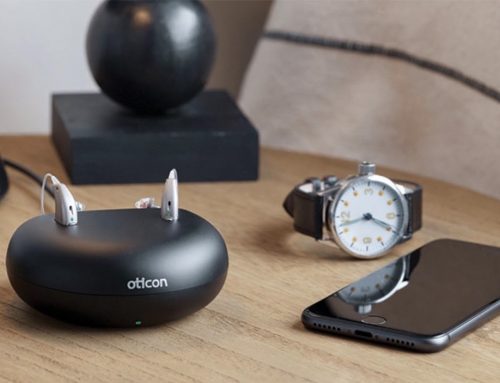
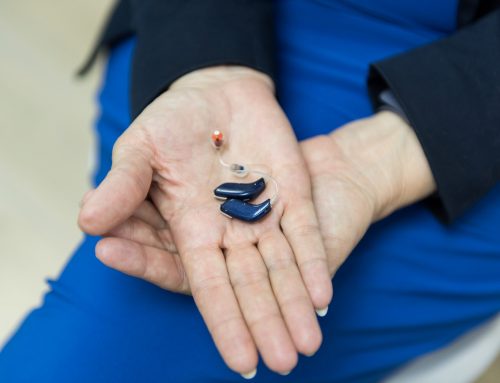

Sounds reasonable and reliable.